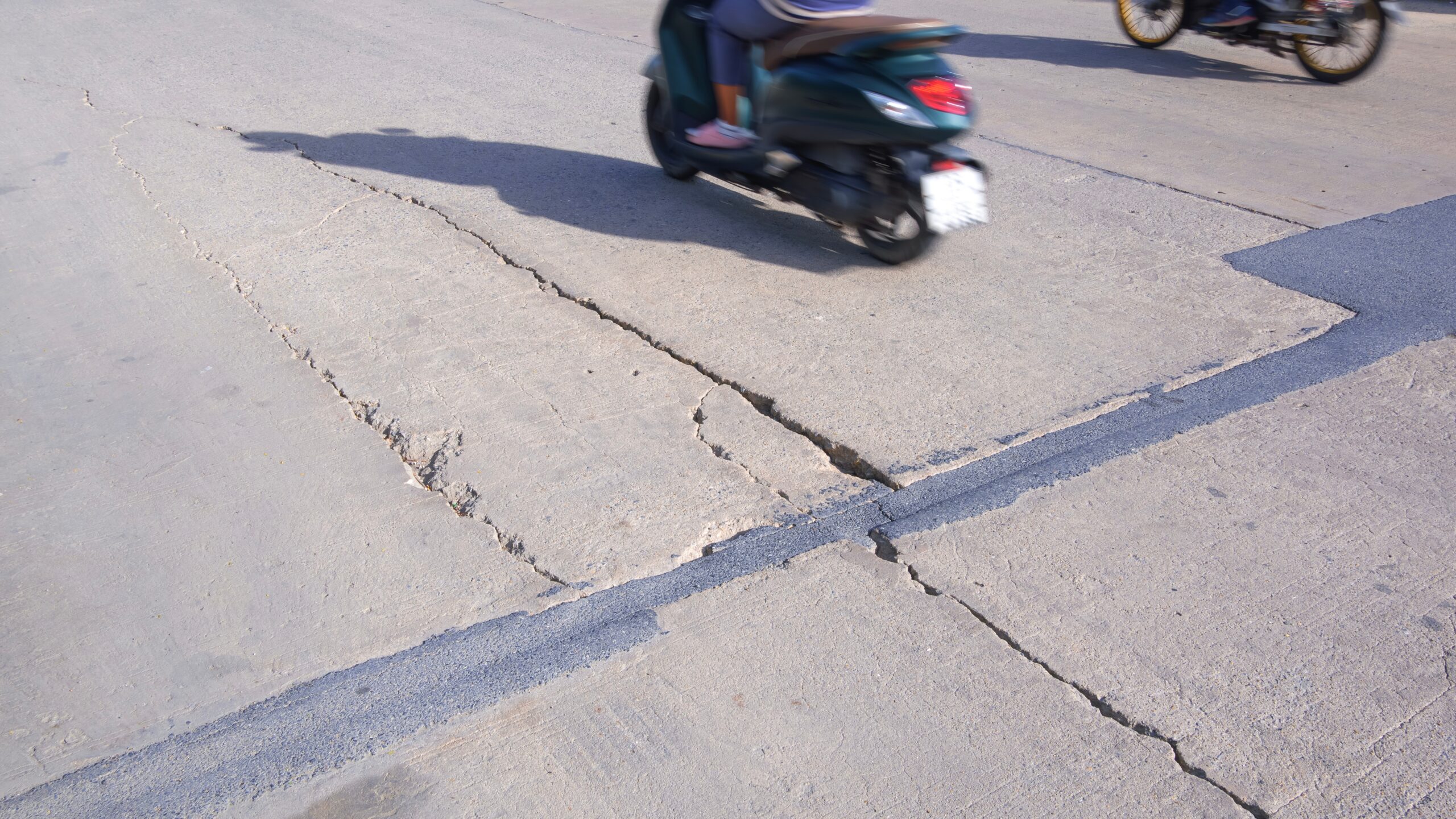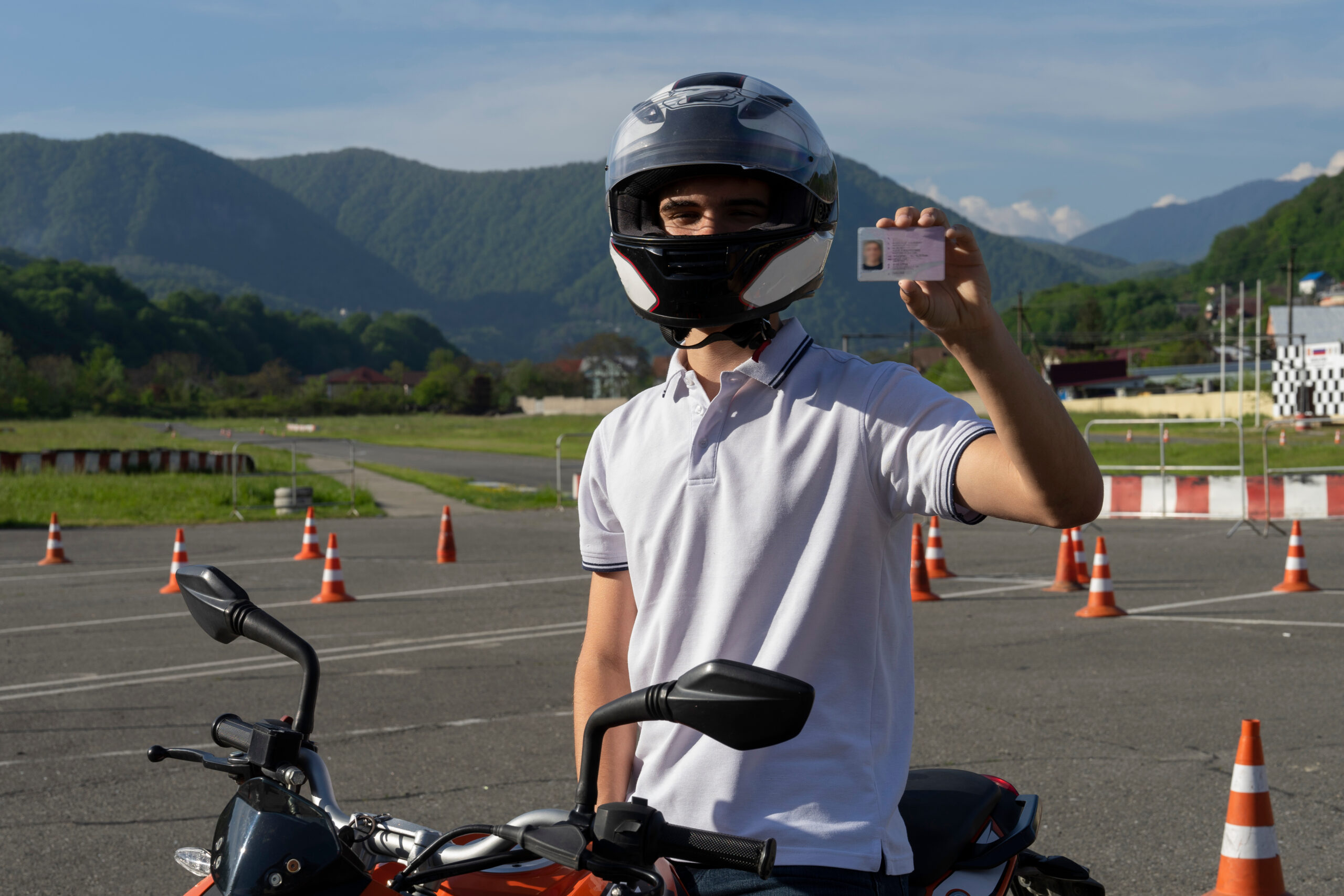When you’re injured in an auto accident, you may be keenly familiar with the facts of your case. Winning your case, however, involves much more than just a strong presentation of facts. One recent Orange County case was a prime example of this. A motorcyclist won his case due in part to his legal team’s ability to keep out of evidence a potentially damaging statement that was not admissible.
The motorcyclist was traveling on Beach Boulevard in Orange County in the third lane from the left when a car driven by the defendant entered his lane from the left-hand side (the second lane). The motorcyclist made a move to avoid the collision by slamming on his brakes. The two vehicles still collided, and the motorcyclist suffered significant injuries to his leg.
On his side, the motorcyclist had considerable evidence of a collision resulting from the defendant entering his lane from the left. The defendant, however, testified that he was in the lane to the motorcyclist’s right (the fourth lane) and trying to turn into a gas station when the wreck occurred. There was, moreover, some evidence to support the defendant’s theory of the accident. On the phone with a claims adjuster from his insurance company, the motorcyclist told the adjuster that the defendant was in the lane to his right in the moments before the accident.
The defendant sought to subpoena the plaintiff’s insurer’s records, including the recording of the conversation between the plaintiff and the adjuster. The plaintiff sought an order from the court to exclude the recording from production. The recording, the plaintiff argued, was protected by the attorney-client privilege, and the plaintiff had not waived the privilege.
These types of procedural motions, such as this plaintiff’s motion to quash, can be a very important tactic contributing to the success of your case. In this case, the conversation with the adjuster might appear to the jurors to be an inconsistent statement and might harm the plaintiff’s credibility if it were introduced into evidence. In this case, the judge ruled that the conversation was privileged and not admissible.
The jury eventually found in favor of the plaintiff and awarded him damages.
The defendant appealed, arguing that the trial judge’s attorney-client privilege decision was erroneous. The appeals court upheld the trial court’s decision in favor of the plaintiff. The defendant lost his attorney-client privilege decision argument on largely procedural grounds, since the defendant did not go through the proper steps to “preserve” the attorney-client privilege issue for appeal.
However, even if the defendant had followed the proper procedural steps, and even if he had won his argument about the attorney-client privilege, he still would have ultimately lost, the appeals court explained. California law says that an insured’s statements to his insurance carrier are not properly placed before a jury, and this basis was the trial judge’s alternative ground for excluding the recording. Even without the attorney-client privilege, the recording would have been out as a statement to an insurance company.
There are many components to winning your auto accident case. One of these is keeping the other side from admitting into evidence material that is privileged or otherwise not properly before the jury. This is just one of many ways in which experienced counsel can provide invaluable help to you. For advice and representation upon which you can rely, contact the experienced San Mateo motorcycle accident attorneys at the Law Offices of Galine, Frye, Fitting & Frangos. Our attorneys have been helping injured people with seeking justice for many years. To set up a free consultation with one of our experienced attorneys, contact us at 650-345-8484 or through our website.
More Blog Posts:
California Appeals Court Reinstates Jury Verdict in Favor of Injured Motorcyclist, San Mateo Injury Lawyers Blog, published Feb. 16, 2017
Injured Motorcyclist Recovers in Excess of $3 Million from “Inattentive” Driver in California Verdict, San Mateo Injury Lawyers Blog, published Oct. 20, 2016
Keeping Out Privileged Information in Your California Vehicle Accident Case


